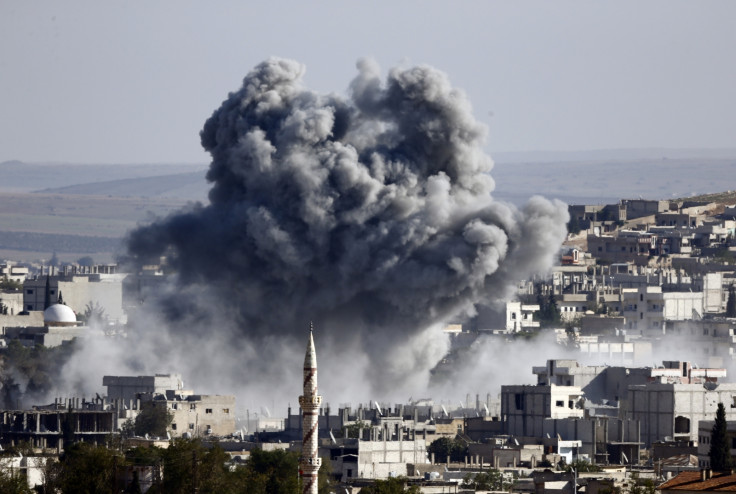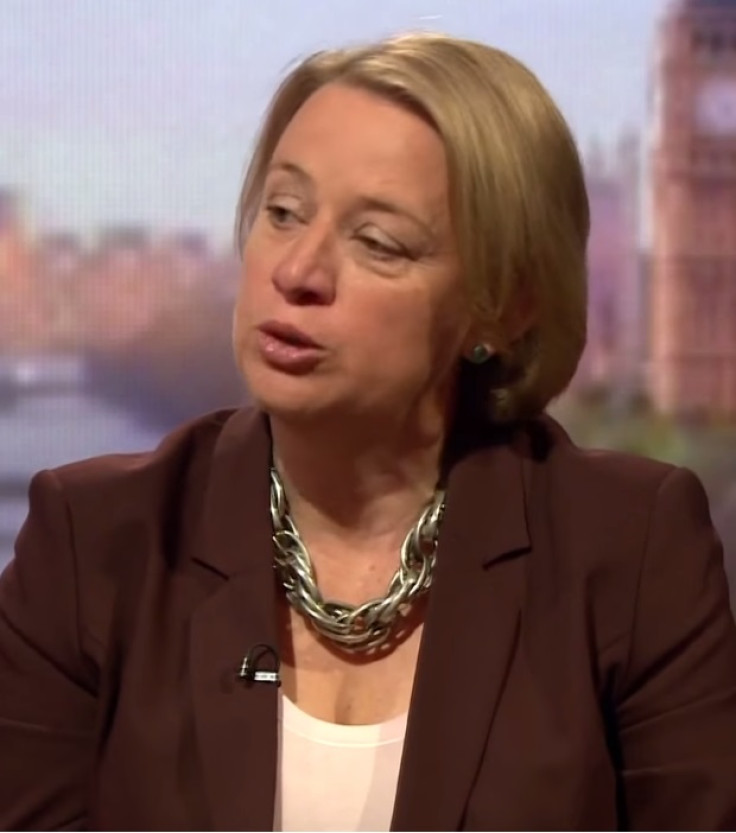Green Party: Saudi Arabia Must Wage War on Isis Using Western Weapons

Saudi Arabia and other Middle East countries should intervene militarily to tackle the Islamic State (Isis), not Western powers, says Green Party leader Natalie Bennett.
The US, supported by other Western countries such as the UK, is conducting an airstrike campaign against Islamic State targets to weaken the militants' capabilities as they seek to expand the areas under their theofascist tyranny.
But Bennett said the UK and the West must focus efforts on humanitarian support for refugees and putting diplomatic pressure on stable Middle East powers to handle IS themselves.
"We've given places like Saudi some very hi-tech, very expensive weapons," Bennett told IBTimes UK in a wide-ranging interview.

"It's not that the region doesn't have weapons to match [the Islamic State]. Whenever you keep coming in as the outside force, we know what happens... So I think there is quite enough military hardware in the region for the region to act.
"If the region knows the West's going to come in, where's the impetus for them to take the difficult decisions to start to shift the way they do things?"
She said the only way a lasting solution will be found "is by the regional powers getting together, thrashing out a solution and agreeing to stick by it."
"Because the Isis conflict and the Syrian conflict are being fuelled by regional powers putting money, putting in weapons, fighting proxy wars," Bennett said.
"And places like Turkey, Qatar, Saudi - use every diplomatic pressure and instrument we have... and say to the region, you have to sort this out."
The West is concerned about the stability of the Middle East because it is a key oil producer and it has allies in the region who help in the fight against terrorism.
Western officials are also worried about the growing humanitarian crisis, such as the plight of the Yazidi, as well as the potential terror blowback from radicalised citizens who travelled to fight in Syria and the Islamic State but later return home.
And there has been public outcry at the beheadings of Western hostages, the footage of which has been released on the internet. The latest victim, 26-year-old Peter Kassig, was an aid worker in Syria who had been captured by militants.
"One of things about Isis is... the hideous killings of Western hostages. Isis was very clearly trying to incite the West to bomb," Bennett said.
"And if you're doing what your opponent actually wants you to do, you have to ask very serious questions about why you're doing it. They very clearly think they're going to get advantage out of it."
© Copyright IBTimes 2024. All rights reserved.






